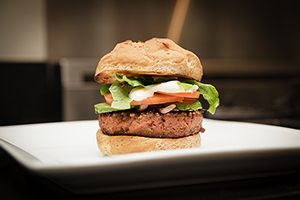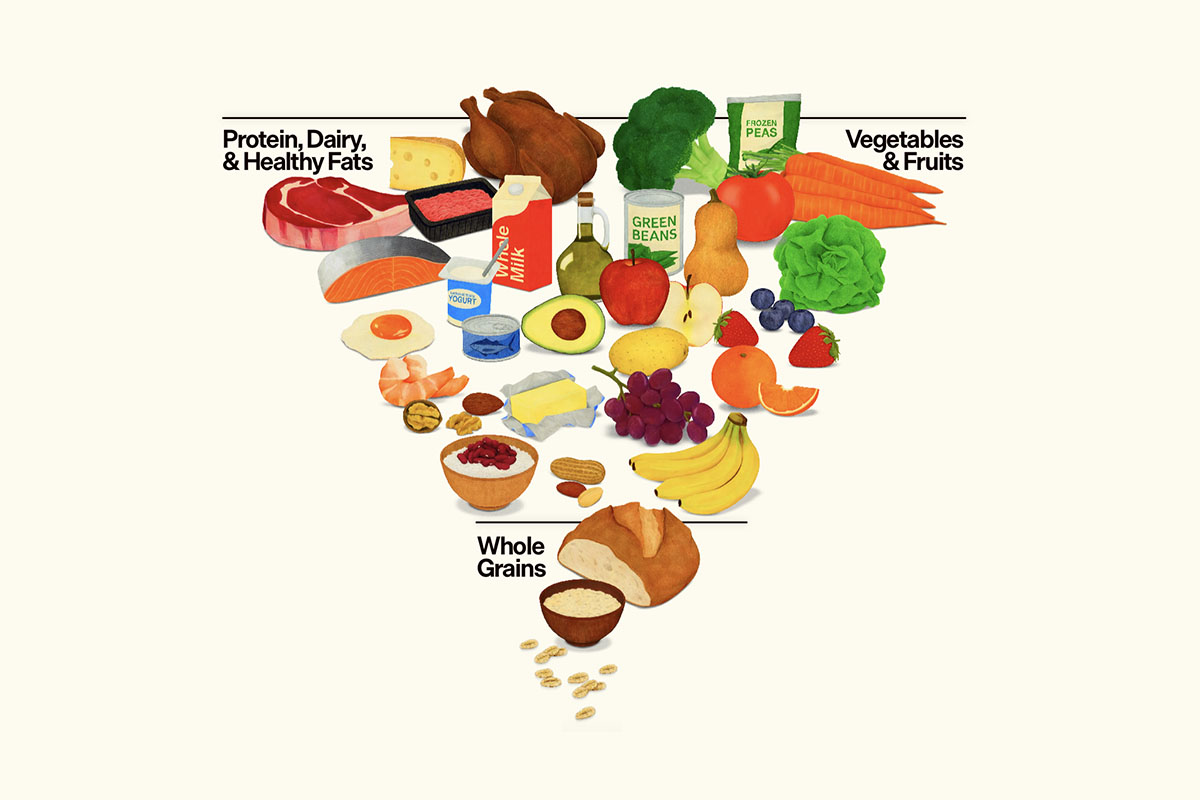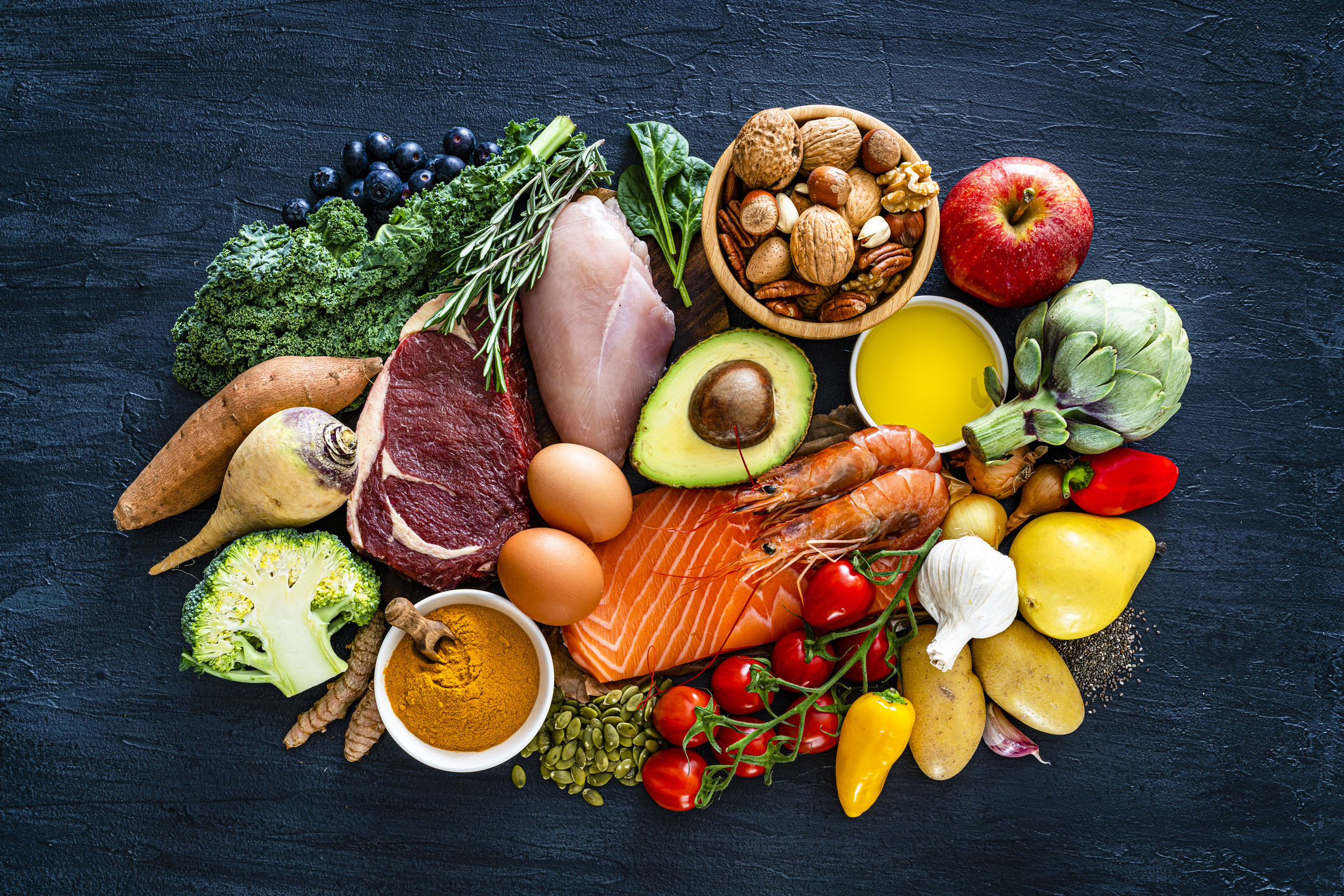Q: What is your take on meat substitutes that have become popular lately, like Beyond Beef or Impossible Burger? Are the ingredients above board?
A: Food science, with its creation of flavors and macronutrient substitutions, is a fascinating field. I recall my undergrad food science lab days where we experimented replacing the fats in cookies—typically made with shortening, using avocado as a fat substitute. How did that turn out? Well, if you didn’t mind eating a green cookie that tasted like baked guacamole…. On the other hand, McDonald’s took quite a bit of help from the food science industry to create that perfectly delicious French fry with its taste, texture, and aroma.
Now many of the new meat substitutes do have the taste and texture of beef/meat. Unfortunately, this comes at the expense of less than desirable ingredients, in my opinion. For example, many meat substitutes contain hydrolyzed vegetable protein (as in some brands of veggies burgers—not necessarily ground beef substitutes) which is a gluten source, and yeast extract for that “meaty” flavor, a source of MSG (monosodium glutamate). Also, potato starch, rice, and pea proteins are common ingredients in these meat substitutes so there will be anywhere from 3 to 9 grams of carbohydrates in these burgers.
Sunflower oil and/or canola oil are added to some of these products—an omega-6 inflammatory fat. Moreover, the sodium content is typically in the 300 mg range per serving. Not desirable if you ask me.
Soy is a common ingredient in these types of products as well. It’s well known as a goitrogen which means it inhibits iodine uptake by the thyroid gland which may, over time, decrease its function. Iodine is needed to produce thyroid hormones. Soy also contains phytoestrogens which may compete with testosterone in men, when consumed frequently.
With the advent of GMOs, meat is undergoing a ‘cultural’ revolution of late. Check out my 2 part podcast on this for more details: Part One: Cultured Meat and Part Two: Cultured, 3-D Printed Steak.
Ultimately, in my opinion, the safest most nutritious meat to eat is pastured.
To your health!
Leyla Muedin, MS, RD, CDN








